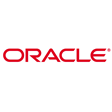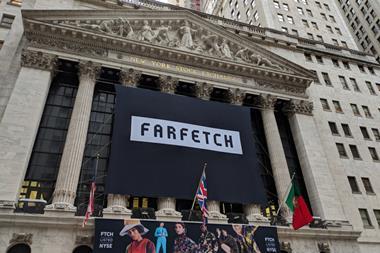At Oracle, we are extremely interested in the current and future state of blockchain in retail and consumer packaged goods (CPG) supply chains.
There is so much to consider with any new technology, even more so when it comes to blockchain since it has the possibility to completely disrupt our current way of doing things in many areas including retail. We want to be prepared and be at the forefront of this technology to make it work to our advantage.
There is so much excitement regarding blockchain – and rightfully so. However, there are many concerns and issues to be addressed before using the technology in reality.
With so much information and different aspects of blockchain in retail to consider, we asked people from real organisations working in business and technology what caveats exist in blockchain.
Using Currnt’s technology and moderator Matthew Liotine’s management consulting expertise, I asked the panel of experts to provide insights on the misconceptions regarding blockchain as well as offer a realistic time frame as to when we can expect to have wide-scale implantation in the retail space.
The amount of useful information that we extracted from this endeavour was incredible. Trying to be as inclusive as possible, here are the four major concerns the panellists believe should be resolved before blockchain becomes a reality.
- Applications are vulnerable to rogue transactions
- Requires governance
- Currently limited by real-time volume, efficiency and scalability
- Requires at least a five-year adoption time frame for wide-scale projects
It is imperative we remember that although Blockchain is a wonderful technology, it will still be prone to errors. The technology is only as good as the rest of the process and the individuals using the technology.
Specifically, when it comes to retail, I agree with Kishor Akshinthala when he said: “Blockchain cannot assess whether an external input is accurate. In CPG space, this applies to all the off-chain assets and data digitally represented on blockchain.”
Data must be correct from the start.
Data exchange
Another point to consider is how blockchain technology requires an exchange of data between partners. There might be reasons that this isn’t done currently.
These collaborative entities will need to decide if sharing data is legal and agreeable for the goals they have as individual organisations before entering into these exchanges.
This leads to the idea that Akshinthala made: “Real success depends on how blockchains of different CPG players/companies seamlessly interact with one another,” with which I wholeheartedly agree.
This is just the beginning! I invite anyone interested in blockchain and learning more about the excitement as well as concerns that we have to follow us on Currnt and contribute your insights.
Global businesses turn to Oracle blockchain service to speed transactions securely – this article showcases how we are progressing the Oracle blockchain as a service offer within a number of global supply chains
Please contact me for more information on our exciting blockchain services which you can implement now.































